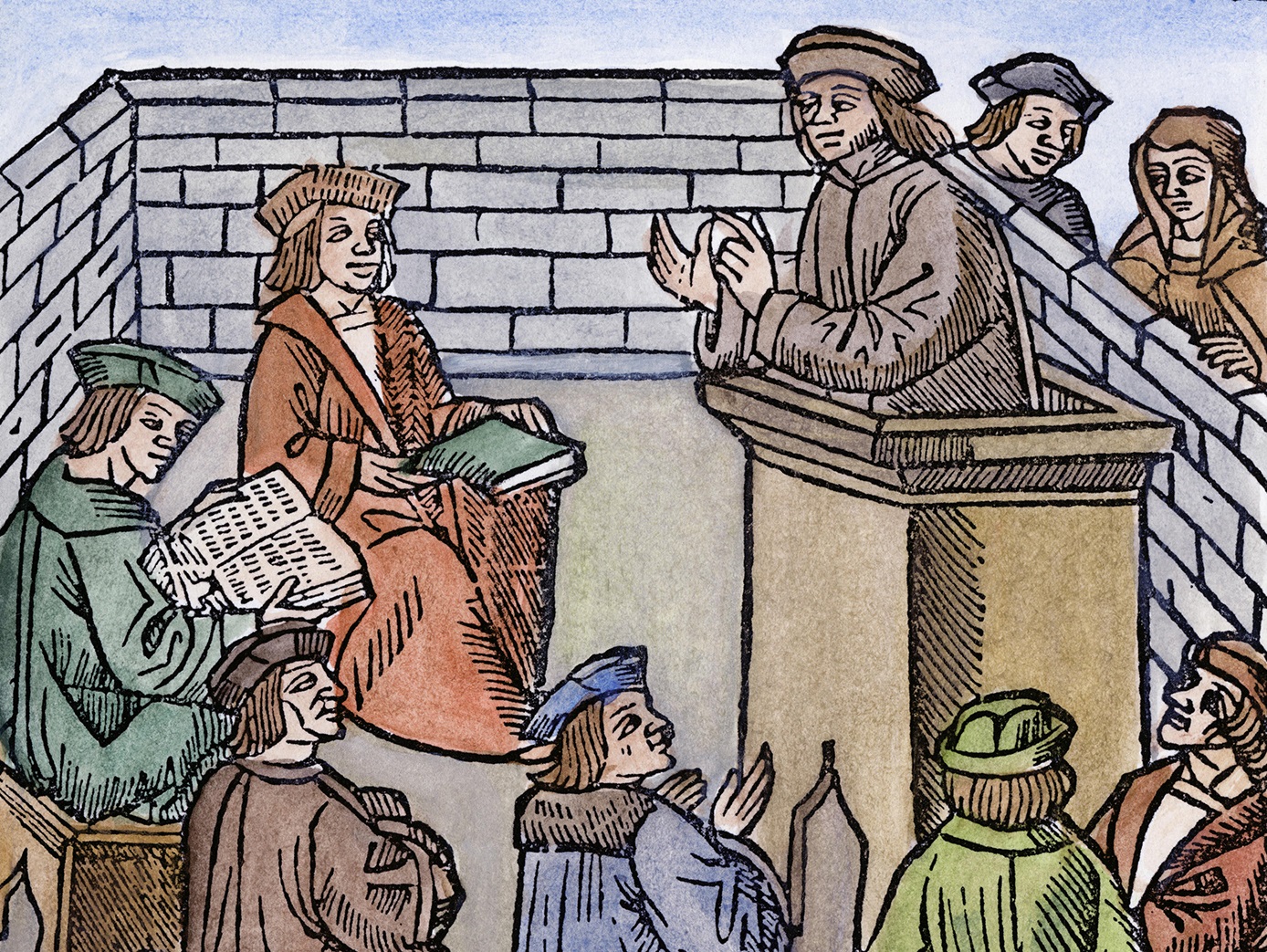Out from Behind the Paywall—and the Ivory Tower

Each issue of JQR makes one article available online without a subscription—downloadable to one and all from Project Muse, the journal’s main online distributor. Recent examples include this one on an early modern Yiddish book, and this one on Egyptian Jewish films. Why do we do this?
Perhaps it is unnecessary. JQR’s main readership consists of professional academics, most of whom have access to the journal through their institutions’ library subscriptions. But more than this, in this age of undervalued content and besieged humanities scholarship, the editors of JQR feel strongly that it is important to recognize the work that goes into every issue, from editorial to production—this labor should not go unpaid. In fact, that is why we ask our authors not to post free copies of their pieces on their personal social media pages, but rather to post links to them on Project Muse. If an author’s most likely readers find the paper first on academia.edu, for example, then they never click through to a distributor, where the number of “hits” and “downloads” for JQR determines our compensation, directly affecting our ability to publish more high-quality content. We are both aware of and sympathetic toward calls for academic open access; without a wholesale restructuring of the economics of academic publishing, however, that lofty goal is unrealistic.

So why give an essay away for free? Essentially, it’s a way to reach out to two groups not served well by the online distribution model. One such group is the increasingly large body of partially- or precariously-employed PhDs and doctoral students, as well as scholars at under-resourced institutions. For a scholar who wants to continue doing scholarship, one of the most problematic aspects of a year-long gap in funding or a turn to para-academic employment can be the loss of institutional access to scholarly journals and search engines. We can’t make it all free, but we can do what we can.
The other group consists of educated laypeople who are interested in academic research but have not been introduced to JQR. The funding challenges that we face will only worsen if scholarly writing is totally sequestered from this world of curious readers who are, if recent public engagement is any measure, clearly willing to meet us halfway. As a journal with roots in the English “review” tradition combining academic writing with thought-pieces of broad public interest, and one once headed by the storied essayist Solomon Schechter, JQR is committed to being heard beyond the ivory tower. Unlike many other journals, JQR covers an entire field rather than a particular subfield or discipline, and thus consistently pushes its authors to avoid obscure jargon and to make clear for a nonspecialist reader what is at stake in their scholarship.
Academics are producing amazing work that is, in many cases, accessible to a wide range of curious and learned readers. By animating the journal’s blog and playing with scholarly genre in our pages, we strive to make JQR the site of vibrant intellectual exchange as well as a showcase for superb scholarship. Making an article free to any reader is part of that effort, drawing new eyes to our work and reminding us as scholars to keep an eye on the horizon.
